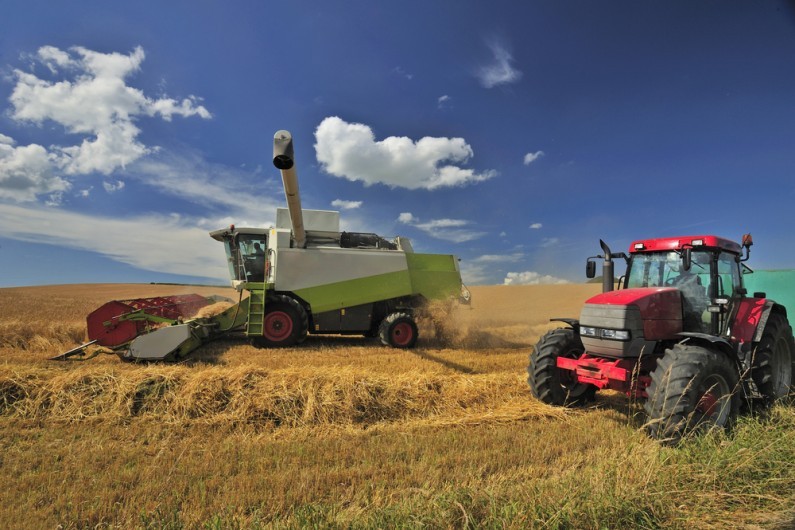Farming – reduce tax bills (AIA) or keep cash reserves?
The Chancellor announced in the Summer 2015 Budget that the Annual Investment Allowance (AIA) will be set permanently at £200,000 from 1 January 2016 – welcome news for the farming sector, as we covered in our Autumn 2015 agricultural newsletter.
Although farmers are likely to be one of the hardest hit communities when this generous tax reliefs falls from £500,000 to £200,000 with effect from 1 January 2016, the announcement was not as severe as first feared. Initial suggestions were that AIA could be reduced to as little as £25,000, as it was in 2013, which would have had a significant impact on the very capital intensive farming industry.
An effective way to reduce tax bills…but is it the right option?
The AIA can provide farmers with a very effective way of reducing their tax bills, but given the concerns over the future of the sector, is it the right option? Concerns have been expressed about the future of many UK farm businesses due to low commodity prices, erratic weather conditions and potential delays in support payments – the Prince of Wales attended a crisis meeting in October to discuss such subjects – so now might not be the time to be purchasing new machinery.
Indeed, one of the biggest benefits of George Osborne’s summer announcement is that it gives farmers time to consider their circumstances and not rush into decisions to try and reduce their tax bills.
Now that AIA will be set permanently at £200,000 farmers can better plan their capital expenditure.
Longer-term plans for business development
The substantial cost of buying agricultural machinery and equipment means that maximising all available tax reliefs is essential for farmers. The AIA is widely available, and a very generous tax relief. Over the past two years, with the AIA set at a very generous (but temporary) £500,000, farmers have undoubtedly accelerated capital expenditure plans to take advantage of the potential tax benefits, but that no longer needs to be the case. The freezing of AIA at £200,000 will now help farmers make longer-term plans for business development.
Whether or not now is the right time for farmers to use AIA to reduce their tax bills depends on specific circumstances. Given the uncertainty in the sector and the ongoing fluctuations of profits – both heavily influenced by supermarket price wars amongst other things – now might be the time to keep cash reserves rather than spend. When cash flow is tight and you have no spare funds to purchase machinery, spending to theoretically reduce your tax bills through AIA may not be the right option.
There are a lot of complex and detailed rules that need to be considered when thinking about AIA, including qualifying conditions and the year in which the expenditure is made. We would always advise farmers to take proper tax advice so that they are fully aware of AIA, the potential tax advantages and, of course, the potential pitfalls that it could bring.
More from our agriculture experts
You can find all of our latest agriculture sector news and newsletters here.
If you are looking for advice in a particular area, please get in touch with your usual Hawsons contact.
Alternatively, we offer all new clients a free initial meeting to have a discussion about their own personal circumstances – find out more or book your free initial meeting here. We have offices in Sheffield, Doncaster and Northampton.
Stephen Charles is a tax partner at the firm, specialising in corporate and business taxation. For more details and advice, please contact Stephen on sac@hawsons.co.uk or 0114 266 7141.[/author_info]

